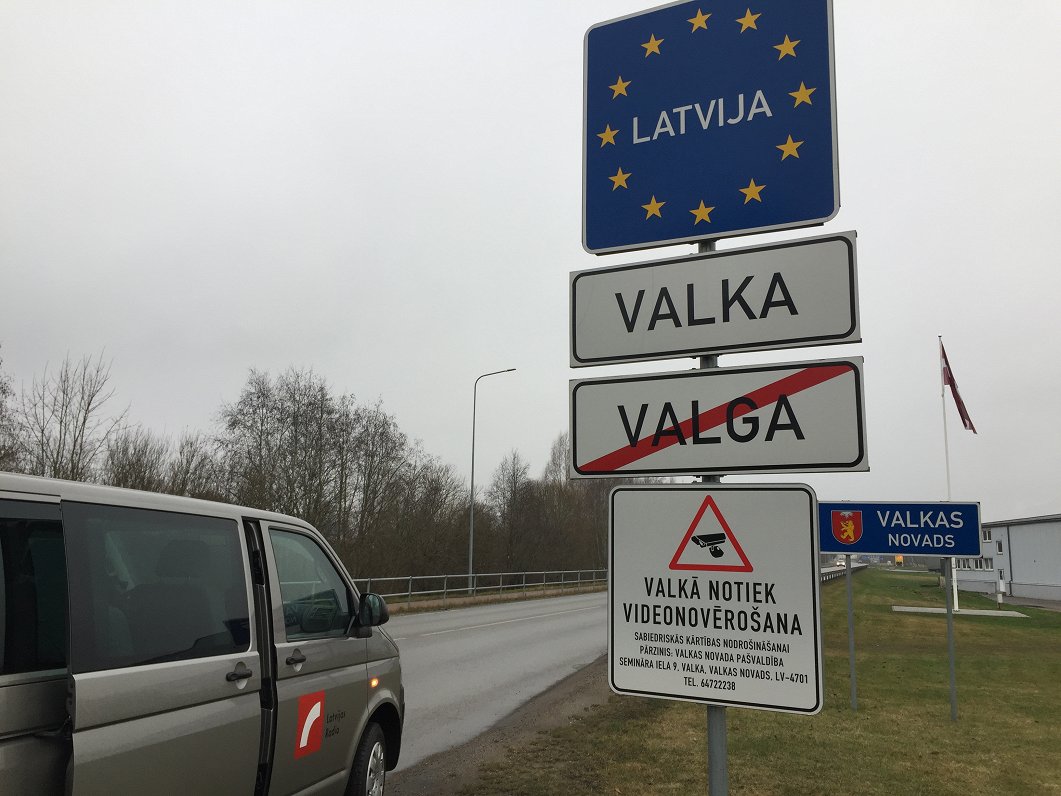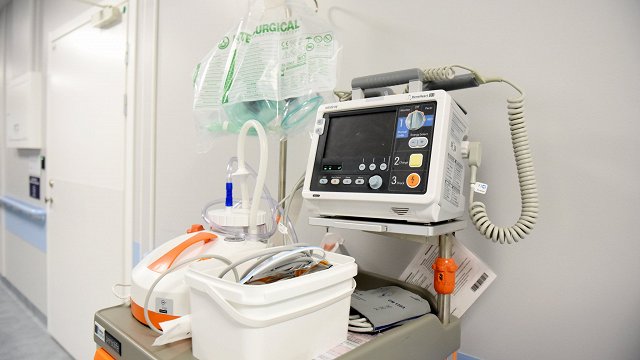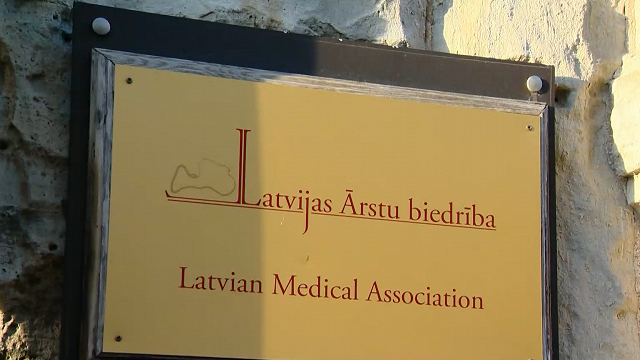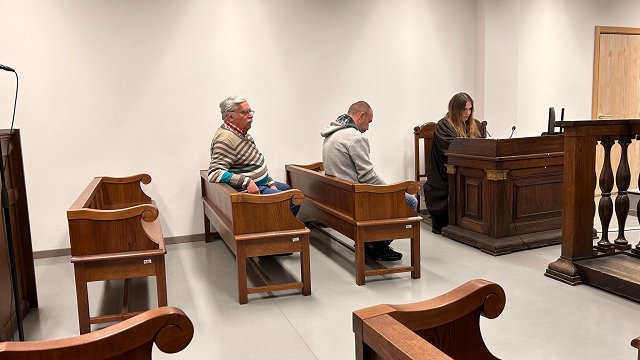It is already the case that many residents of Valka use the services of the Valga hospital, but there are still many legal and administrative obstacles to full integration of health care services in the twin border towns and their fairly large hinterlands.
Since the hospital in Valka closed down, residents of Valka district often have to travel the 50-kilometer road to Vidzeme hospital in Valmiera for examinations and specialist consultations. If people don't have their own transport, getting there can be tricky – the Valmiera hosital is located a long way from the city center and requires catching another city bus from the train or rail stations, making it a lengthy and tiring undertaking for pensioners in particular.
But there is a modern hospital with a wide range of services right next door to Valka in the neighboring town of Valga, which might be part of another solution.
Valka family doctor Inga Nātra says that there are a lot of patients, but it is a problem to get to specialists for examinations: "It is very difficult to get to a specialist for consultations at the moment. As much as we can, we do things in-practice, but a family doctor is not able to solve all health problems. Since the help of colleagues is needed, examinations are needed in order not to make mistakes and provide the necessary help."
Research on the problem is being carried out by researchers of Riga Stradiņš University (RSU). RSU senior researcher Daiga Behmane has already identified several problems:
"The biggest obstacles are healthcare tariffs, because, as is known, in cross-border healthcare, the member state whose resident wants to receive the service in another country pays for the service at the level of the service tariff in that country.
Specifically, the tariffs are higher in Estonia, so the health care service is more expensive in Estonia, which means that our National Health Service covers only a part of this service and the resident of Latvia has to pay the full amount."
As another problematic issue, Behmane emphasizes the organization of health services:
"For example, the e-health system works much better in Estonia. In Estonia, patient care plans are available electronically in the e-health system, in Latvia we don't have such plans."
Another important problem, as emphasized by family doctor Inga Nātra, is the language barrier:
"The languages are different, but communication in medicine is very important, to understand each other and not to misunderstand each other. An examination is one thing, we receive it and we can read and understand it ourselves, but in a doctor's consultation, communication between the patient and the doctor is necessary. If this matter could be developed, then it would be positive."
The aim of the project is to identify such obstacles and look for solutions. The most important area is emergency care, Behmane says:
"The Valga hospital is ready to provide emergency aid, but the question goes beyond this process. For example, a patient has a broken leg – an X-ray can be taken, it can be diagnosed, but what to do next? Will this leg be further treated in Valga? Or will the patient have to travel to Valmiera? Because there are many such organizational issues to be resolved."
Next Friday, February 23, RSU researchers will meet with residents and present their collected research to the Ministry of Health.


























